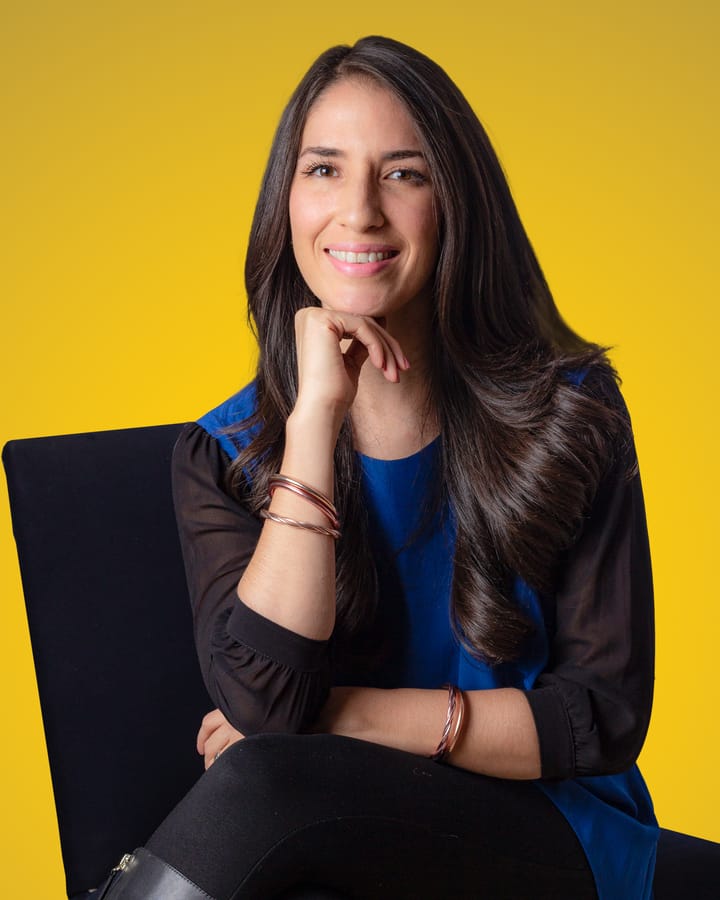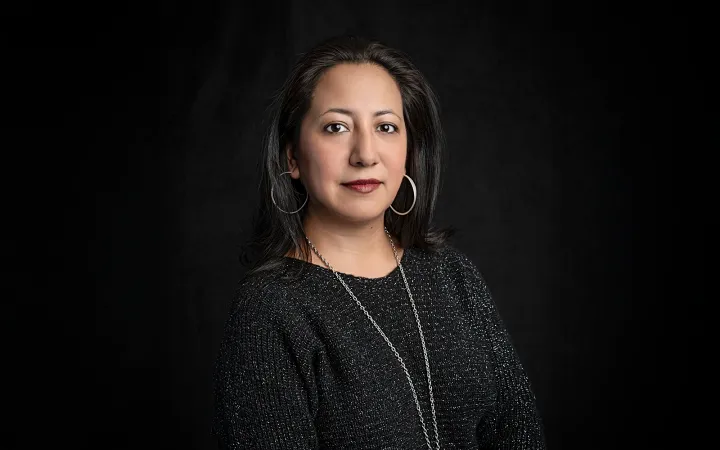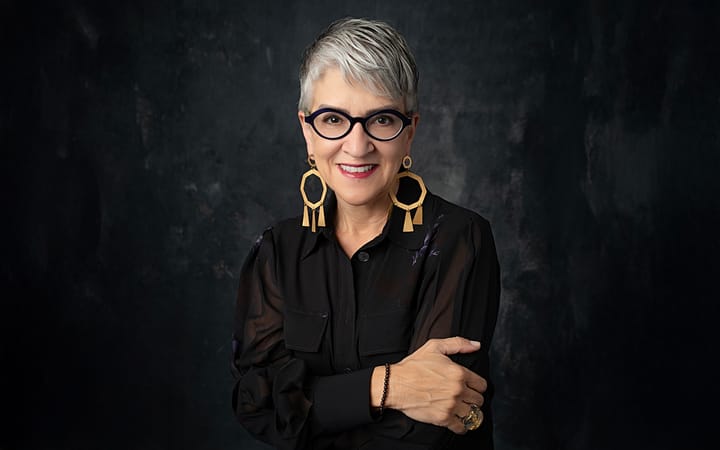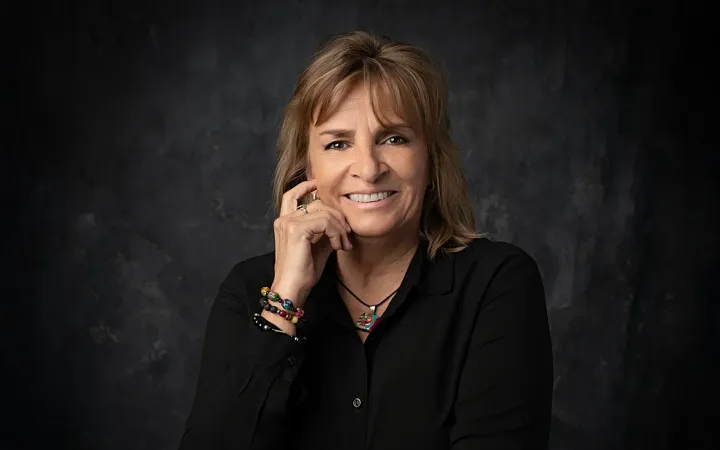Por Priscilla de Anda
La alimentación es un derecho humano esencial, y la falta de acceso a una dieta adecuada impacta a millones de personas en todo el mundo. Erradicar el hambre y promover una alimentación saludable y sostenible son objetivos centrales de la Agenda 2030 de la ONU. El Día Mundial de la Alimentación nos recuerda la importancia de enfrentar estos desafíos y tomar acciones concretas para asegurar que todos tengan acceso a alimentos suficientes y nutritivos. Esta cuestión es especialmente crucial en la infancia, ya que tiene un impacto significativo en el futuro de nuestra sociedad.
En México hay más de 10 millones de niños menores de 5 años, de los cuales 4.1% presentan desnutrición por bajo peso y 12.8% desnutrición por baja talla. Y es que hoy sabemos que el Desarrollo Infantil Temprano es una fase crítica en la vida de un ser humano. Durante los primeros años, los cimientos se establecen no solo para la salud física, sino también para el desarrollo cognitivo y socioemocional. La nutrición adecuada en esta etapa es esencial, ya que proporciona los nutrientes necesarios para un crecimiento saludable, tanto físico, pero también cognitivo y socioemocional.
¿Pero cómo podemos garantizar una alimentación integral en la niñez que vaya más allá de la ingesta alimentaria? Como cuidadores principales muchas veces no poseemos las competencias para impulsar el máximo potencial de nuestros hijos; ya sea por falta de información, desconocimiento e incluso por desigualdad social. Y es que ¿quién no quiere que sus hijos se desarrollen con todo lo que necesitan para crecer con plenitud? La alimentación integral no solo implica ofrecer una dieta equilibrada, sino también asegurar que nuestros hijos reciban el apoyo emocional, educativo y social que necesitan. Esto significa proporcionar un entorno seguro y amoroso donde puedan explorar y aprender, así como fomentar la autoestima y habilidades sociales. La falta de acceso a recursos educativos, la presión económica o la falta de tiempo debido a múltiples responsabilidades pueden limitar nuestra capacidad para ofrecer este tipo de apoyo.
Desde Un Kilo de Ayuda nuestro enfoque se centra en trabajar de manera cercana con madres y padres, reconociendo que la alimentación no es un proceso aislado, sino que debemos mirar hacia un desarrollo integral a través de la promoción de prácticas de crianza positiva, educación en salud y nutrición, y apoyo emocional. Este modelo integral ayuda a los niños a desarrollar habilidades socioemocionales esenciales, como la capacidad de manejar el estrés, establecer relaciones saludables y desarrollar una autoestima positiva. Al nutrir mente, cuerpo y espíritu, la organización contribuye a formar individuos más saludables, felices y resilientes.
Y es así como nuestra constante evolución hoy nos permite no solo combatir la desnutrición infantil, sino extender el compromiso a las madres, padres y cuidadores principales, fortaleciendo su capacidad para una crianza sensible y cariñosa, acompañando a los 23,000 niños que atendemos y contribuyendo a su salud y bienestar integral. Reflexionemos sobre la importancia de alimentar mente, cuerpo y espíritu; renovando nuestro compromiso con una visión integral de la nutrición y el desarrollo, reconociendo que la verdadera transformación ocurre cuando cada aspecto del bienestar infantil recibe la atención y el apoyo que merece.
*Directora General de Un Kilo de Ayuda
Fuentes Consultadas:
- INEGI Censo de Población y Vivienda 2020 https://www.inegi.org.mx/programas/ccpv/2020/#resultados_generales
- Estado de nutrición de niñas y niños menores de cinco años en México. Ensanut 2022 https://ensanut.insp.mx/encuestas/ensanutcontinua2022/doctos/analiticos/27-Nutricion.de.menores-ENSANUT2022-14799-72472-2-10-20230619.pdf

Las opiniones expresadas son responsabilidad de sus autoras y son absolutamente independientes a la postura y línea editorial de Opinión 51.






Comments ()